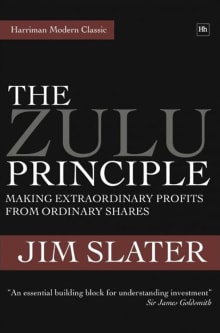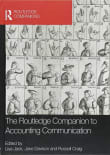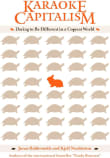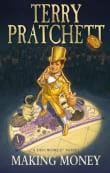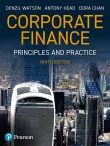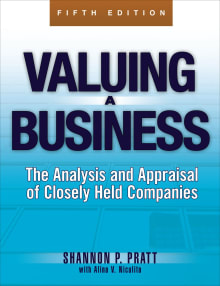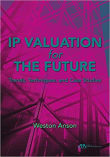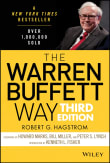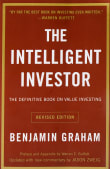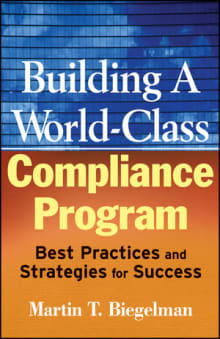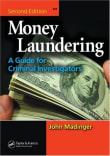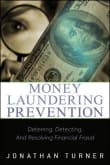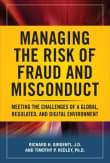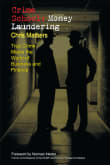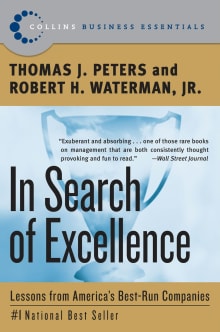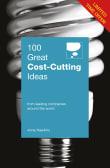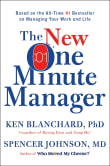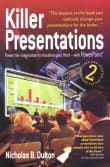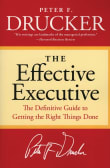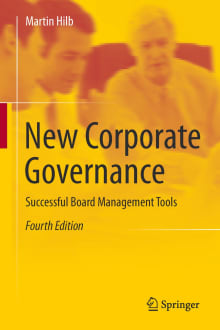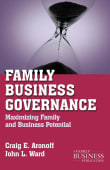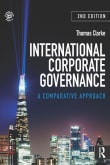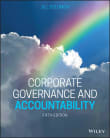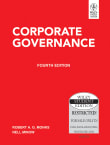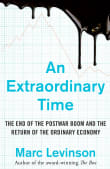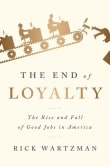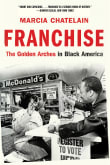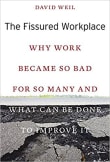
From my list on making finance interesting and engaging (especially if you’re not an academic).
Why am I passionate about this?
We first met about 10 years ago at Sheffield Hallam University, bonding as work colleagues over a love of enabling students to understand wealth management and finance in a way that we hoped they would find interesting and accessible. The books we chose mix our love of storytelling and making finance accessible by using real-world experiences. They do this in a unique way, challenging the reader to think about their understanding and perspective, something we try to do every day. It has been lovely to reread these books before writing the reviews, reminding us of what makes us tick. We hope they help you to find your tick too.
Ian and Michelle's book list on making finance interesting and engaging (especially if you’re not an academic)

Why did Ian and Michelle love this book?
We enjoyed this book for its innovative approach, which involves a very specific and defined focus, and its appropriateness for a broad spectrum of investors. The method empowers investors to utilise selected criteria in their investment choices to create a successful investment strategy. It provides “tried and tested” principles for “stock pickers,” focusing on the author’s growth investing specialism.
The book is written in a style that is easy to digest but makes some complex investment methods seem obvious, just what I like in books. It is concise but each chapter allows the reader to reflect on their understanding. This represents a good investment for an investor looking to broaden their knowledge and develop their own investment approach.
1 author picked The Zulu Principle as one of their favorite books, and they share why you should read it.
Jim Slater's classic text brought back into print Jim Slater makes available to the investor - whether the owner of only a few shares or an experienced investment manager with a large portfolio - the secrets of his success. Central to his strategy is "The Zulu Principle", the benefits of homing in on a relatively narrow area. Deftly blending anecdote and analysis, Jim Slater gives valuable selective criteria for buying dynamic growth shares, turnarounds, cyclicals, shells and leading shares. He also covers many other vitally relevant aspects of investment such as creative accounting, portfolio management, overseas markets and the investor's…
